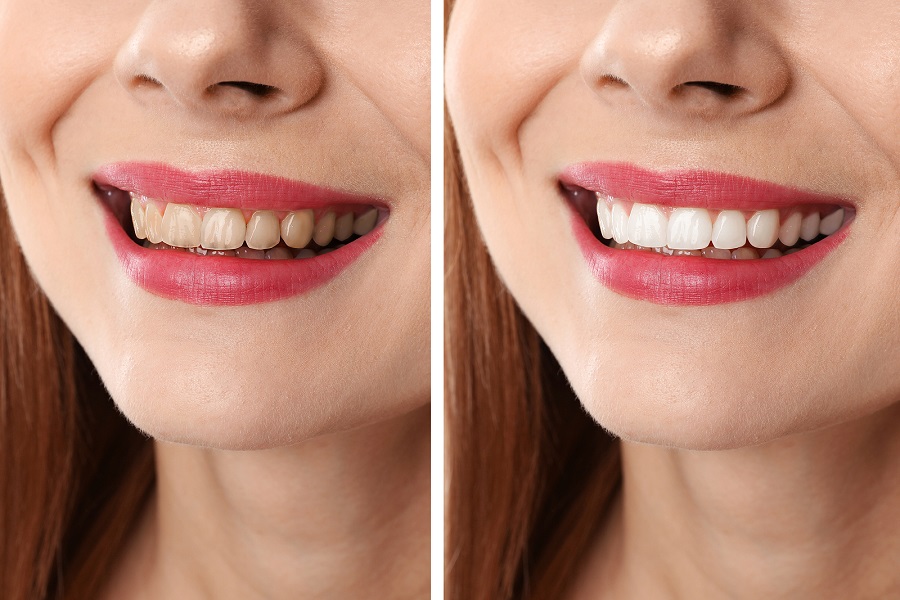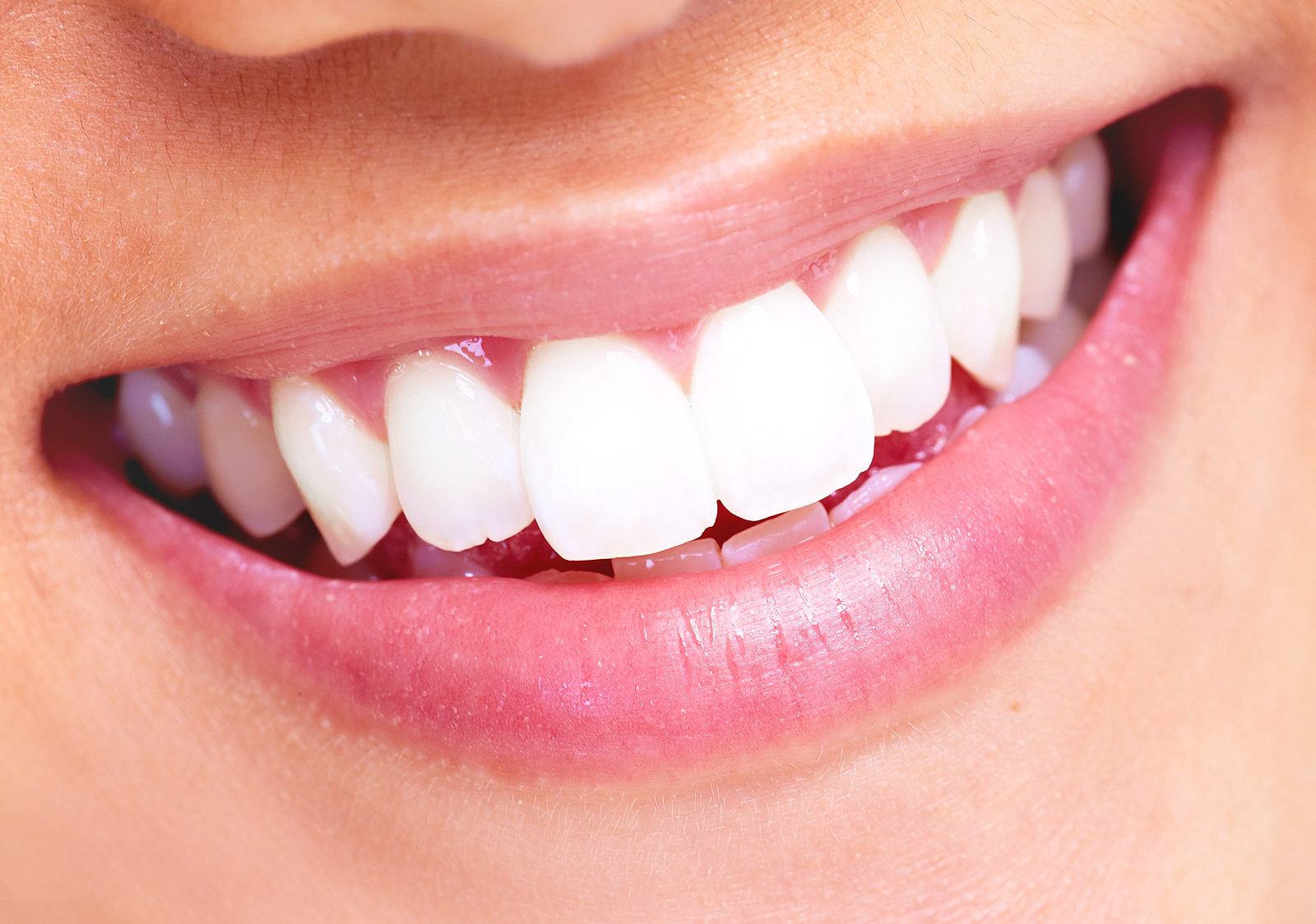5 HEALTHY HABITS TO START NOW FOR PREVENTATIVE DENTISTRY
Most patients and parents only think of dentistry as a set of procedures used to fix problems after they’ve occurred. However, the power of preventative dentistry is far more important. Keeping cavities from forming in the first place reduces the need for serious procedures in the future. While brushing twice a day and flossing daily are two habits that form the foundation of preventative dental care, they’re simply not enough. Add these five healthy habits to your usual dental routine to bring the principles of preventative dental treatment home.
SWITCH TO A TOOTH-FRIENDLY DIET FOR PREVENTATIVE DENTISTRY
First, consider how what you eat is affecting the health of your teeth and gums. Obviously sugary snacks and drinks increase the likelihood of cavities and other problems, but even people who stay away from sugar can end up with serious dental problems due to dietary imbalances. Have your primary care physician test you for mineral and vitamin deficincies since many forms of modern malnutrition lead to weakened teeth and gums. Make sure your family is getting the right amount of calcium based on each person’s age and gender to prevent irreversible damage. Avoid sports drinks and energy drinks because despite marketing claims, they’re not any healthier for you and your teeth than regular soda thanks to high sugar and acid levels.
CONSIDER SEALANTS
Sealants are the best way to restore the usual coating of enamel that protects the softer core of a tooth from the damaging activities of bacteria. For children, sealants are routinely applied to the molars since the majority of cavities develop in the deep folds of these teeth. While sealants are more rarely used for adults, they’re essential if your natural enamel has been compromised by a diet rich in acids, poor brushing habits, genetic dispositions, or bad habits like chewing on pens and pencils. Damaged enamel won’t regrow, so sealants are the only option for preventing damage. However, sealants can make dental problems worse if they’re applied incorrectly. Make sure your dentist has your full dental history on file before asking them about sealants to ensure they choose the right sealing mixture for your teeth.
PREVENT GUM DISEASE
Gum disease doesn’t just change your smile and threaten the health of your teeth. A little blood when you floss indicates that bacteria are forming colonies under your gums, which results in long-term inflammation. New research shows a link between gum disease and serious health problems like heart disease, arthritis, and dementia. Preventing gum disease and treating the earliest stages of it promptly are essential for maintaining good overall health. See your dentist regularly, at least twice a year, to catch the first signs of gum disease before it can spread.
LEARN NEW BRUSHING TECHNIQUES
Are you finding it difficult to remove all the food debris and tartar every time you brush? It could be that you’re not using the best brushing technique for your particular mouth. Yes, there are different brushing techniques, and your dentist can help you learn a new one. Most adults and kids brush their teeth with a rough sawing motion that is strictly horizontal, but that back and forth scrubbing does a lot of damage to the enamel. It’s better to use a circular motion or to barely vibrate the bristles. It can be tricky to learn these techniques in writing, so ask your dentist to demonstrate the four brushing techniques in person so you can determine which one works best for you.
TRY BETTER DENTAL TOOLS
Finally, consider switching the tools you use for keeping your teeth and gums clean. The advanced motorized brushes available today do a much better job of removing food debris thanks to intense vibrations and carefully sculpted bristles. If you have larger gaps than usual between your teeth, floss alone won’t do enough to keep these gaps clean. You’ll need a special intralingual brush or carefully made splinter-free tooth sticks to get a thorough cleaning without damaging your gums. If you aren’t sure what tools to use, talk to your dentist about what’s available beyond basic brushes and waxed floss. They can help you pick out tools that fit the needs of your teeth while steering you away from products that aren’t proven to have any particular benefits.






















0 comments